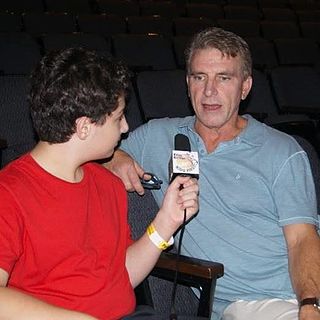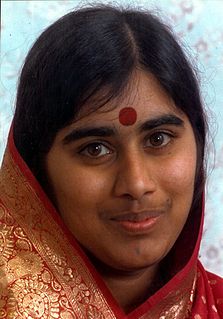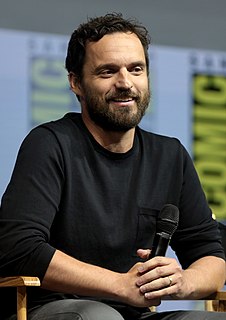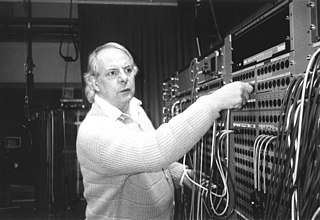A Quote by Simon McBurney
I suppose as an actor you become very sensitive to rhythm, not just rhythm as you look at it sort of from the, from the outside as a director might see it, but within yourself you become used to the idea of hearing your fellow actors, responding to them in space.
Related Quotes
...It's all sort of dreams and it's all illusion. It's theater; it's not real. We're making up stories, you know, and people tend to run into you and believe you are your characters. And I suppose the funny thing is the longer you go, you do become sort of some version of [your characters]. You both diverge from them - you know - you live, but you also permanently inhabit that geography and that mental space - and so you do morph a little bit. We do become what we imagine.
Actors, I think, are all the same. Both Korean actors and American actors are all very sensitive people, and they are all curious to know what the director thinks of them and how they are evaluated, and they try to satisfy the director. And they like it if you listen carefully to their opinions and accept them.
Those who have to face persistent political persecution become highly politicized. Our lives take on a rhythm different from those who, on waking up in the morning, do not need to wonder who might have been arrested during the night and what further acts of blatant injustice might be committed against our people later during the day. Our antennae become highly sensitive to vibrations barely noticed by those whose everyday existence is removed from political struggle.
From the get-go, I was wise enough to say, 'Well, I'm playing rhythm 'cause Angus could really soar with the leads.' I used to mess around a little bit with lead at the time but not much; Angus, he was just so much better; he just went for it, and it was brilliant. My place was sitting with rhythm, and I love rhythm. I've always loved it.
IN THE CINEMA A DIRECTOR EXPRESSES HIS INDIVIDUALITY FIRST AND FOREMOST THROUGH HIS SENSE OF TIME, THROUGH RHYTHM. RHYTHM GIVES COLOUR TO A WORK BY DISTINGUISHABLE STYLISTIC CHARACTERISTICS. RHYTHM MUST ARISE NATURALLY IN A FILM, A FUNCTION OF THE DIRECTOR'S INNATE SENSE OF LIFE AND COMMENSURATE WITH HIS QUEST FOR TIME.




































